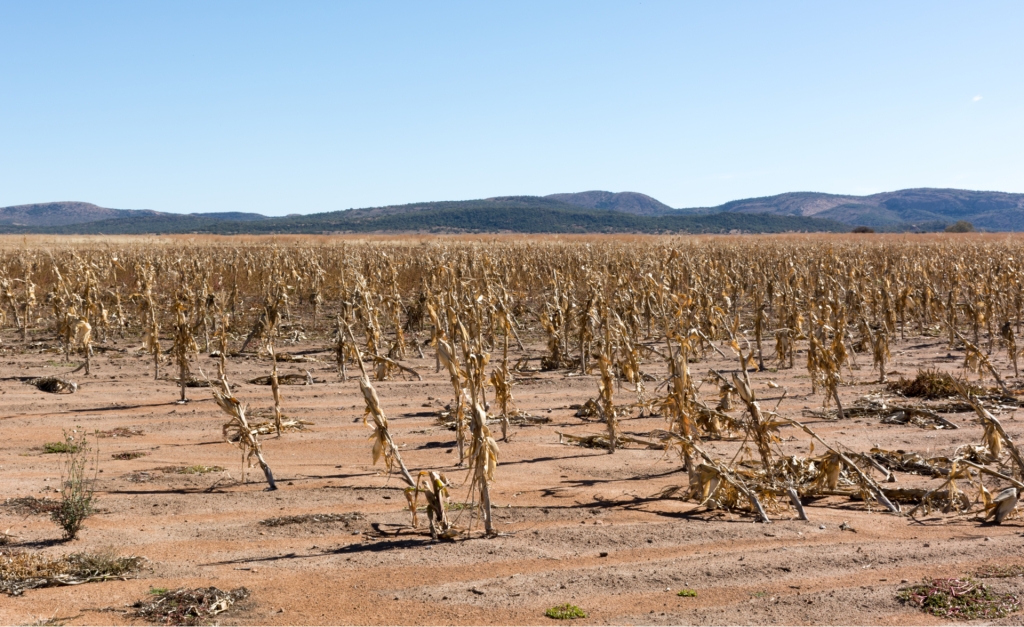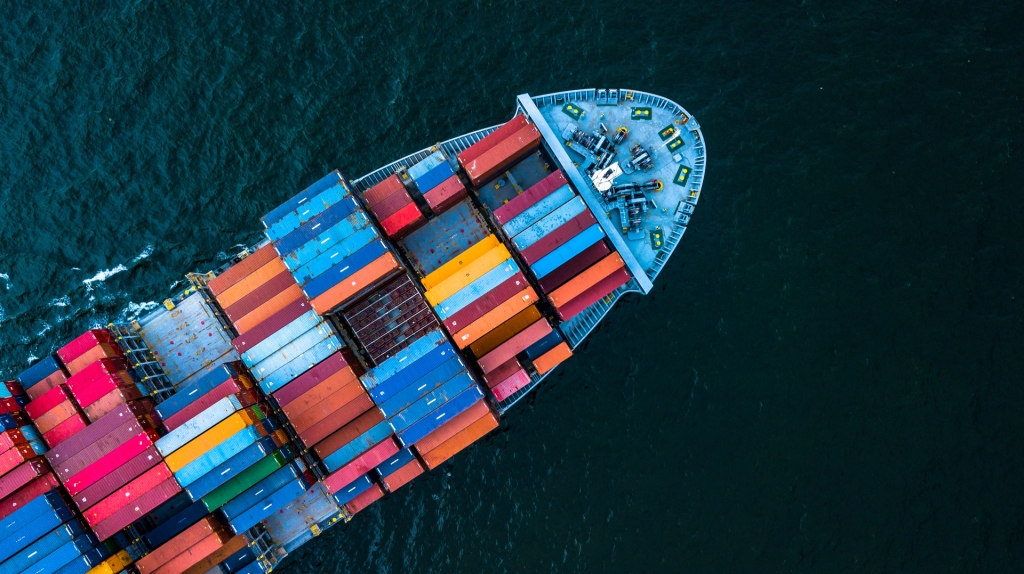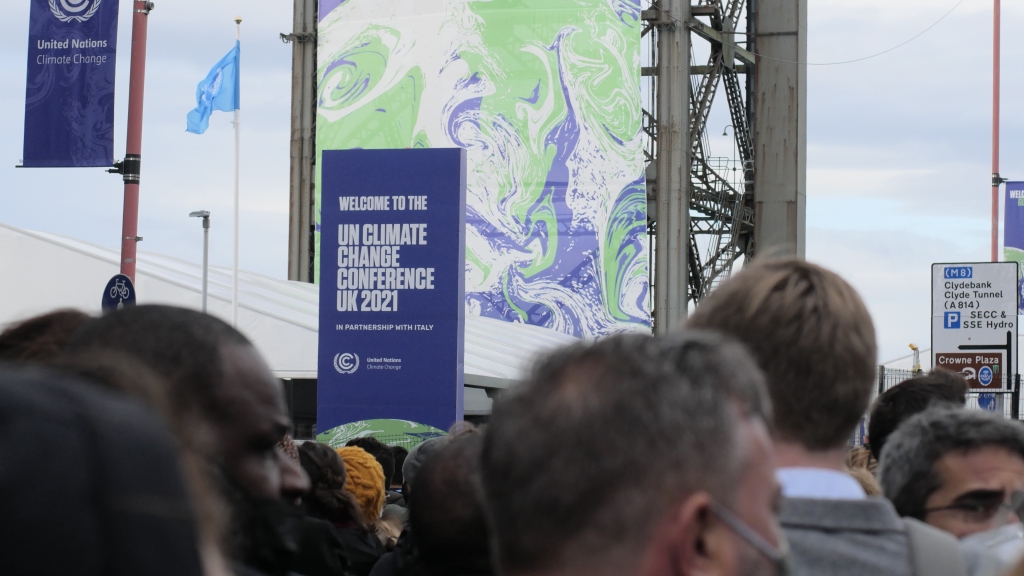Climate risk in an international context
3 Mar 2022 12:43 PM
Climate change is a global phenomenon
From the Arctic to Antarctica, the tropics to mid-latitudes, the world is experiencing the consequences of increasing climate risk, writes Dr Kirsty Lewis: a Met Office Science Fellow working on climate science to support adaptation and development.
In the past 12 months alone, we have seen the most extreme heatwave in history over western North America, flooding in South Sudan which led to over 800,000 people being displaced, in India, Sri Lanka and the Maldives 200,000 people had to flee Cyclone Tauktae, while Hurricane Ida and the extensive flooding in Europe were two of the costliest weather events ever to occur
Globally the most vulnerable are most at risk
Although climate change is a serious threat across the globe, some of the very worst risks are in developing countries. This is not because the most serious hazards occur in these countries, although in some cases they do, but because developing countries are the most vulnerable. They are often highly sensitive to weather and climate and have low adaptive capacity to manage and recover from disasters. For example, the economies and food systems of many developing countries are highly dependent on rain-fed agriculture, making them very sensitive to changes in rainfall, flooding and drought, as well as climate-related pest and disease outbreaks, such as locusts.
In many cases these events occur in a context of communities that have few assets or safety net systems. Governments in the poorest countries have fewer options to deploy financial means to cushion the impact of extreme events, such as increasing food imports or underwriting insurance. Investment in adaptation to substantially reduce vulnerability and exposure is key to managing risk and enabling development.

Agriculture has always faced many hazards, including extreme weather events and crop pests and diseases. Additionally, farmers are now having to consider the impacts of climate change. Picture: Shutterstock.
Globalised risk
Climate risk is not just an issue for those countries directly affected in individual weather events. We live in a globalised world, and events in one location often present far-reaching impacts.
The UK’s latest Climate Change Risk Assessment (CCRA3) international chapter sets out clearly the threat associated with global, complex and compounding risks for the UK. These risks can come from direct events, for example a severe storm that damages a strategically-important port and therefore disrupts supply chains. Or it can be the result of more indirect impacts, such as adverse climate conditions that, together with non-climatic factors, contribute to displacement or migration of populations, with knock on consequences for regional and global security. Complex interdependencies mean that there are sometimes surprising consequences from seemingly small or localised events. Increasing resource dependencies and a just-in-time delivery culture, mean there is little redundancy in many globalised systems, which further increases risk.

Managing international risks of climate
Climate risk is an international issue, and it will take international joined-up effort to tackle. Limiting global warming to 1.5 °C above pre-industrial levels, and thereby minimising the increase in climate hazard is an essential component to managing climate risk. Every degree of warming increases the scale of climate change impacts, and thus risk. Even 1.5 °C of warming though brings additional hazards, and so alongside mitigation it is critical that we adapt to the climate changes that cannot be avoided. This means acting to reduce exposure and vulnerability to climate hazards across the globe and not just here in the UK.

International delegates attending COP26 climate summit in Glasgow last year agreed efforts to reduce carbon emissions. Picture: Grahame Madge (Met Office).
International collaborative action on mitigation and adaptation were the key focus of the recent COP26 climate summit in Glasgow. The summit agreed efforts to reduce carbon emissions, to work towards a Global Goal on Adaptation, and to provide finance to support developing countries to manage their climate risks.
How does the UK help tackle international climate risk?
In addition to addressing domestic climate mitigation and adaptation issues the UK also engages in action on global climate risk. The CCRA3 identifies risks to supply chains and distribution networks to the UK, and the multiple risks to the UK from overseas climate impacts as critical priority concerns. As priority areas the UK government will respond to these in its upcoming National Adaptation Programme. More broadly the Foreign, Commonwealth and Development Office (FCDO) overseas aid budget supports some of the most vulnerable developing countries to adapt to climate change, which also contributes to managing international risk. The UK is also a leading contributor to the Risk-Informed Early Action Partnership (REAP), an international initiative that aims to make one billion people safer from disasters by 2025, through improving the efficiency and effectiveness of responses to weather and climate disasters.
Climate-smart adaptation is underpinned by robust evidence and tailored information to support action. The Met Office works on a wide range of projects collaborating directly with communities in developing countries, to better understand their vulnerability and exposure, and to tailor climate hazard information that enables informed adaptation decisions to build resilience to climate change. Projects like the Future Climate For Africa (FCFA) Future Resilience for African Cities and Lands project (FRACTAL) that co-developed climate information with key decision makers in cities in Southern Africa, or the GCRF-Agricultural and Food System Resilience: Increasing Capacity and Advising Policy project (AFRICAP), which works to make agriculture and food production in Sub-Saharan Africa more productive, sustainable and resilient to climate change, all contribute to efforts to reduce and manage international climate risk.